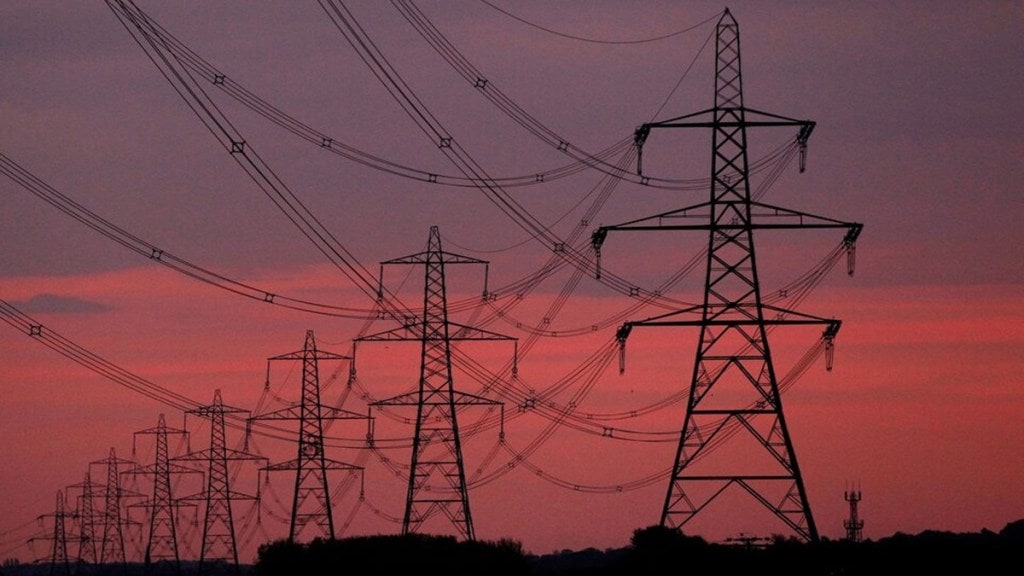Bangladesh owes Tripura Rs 200 crore for the electricity supplied to the neighbouring country, but Tripura Chief Minister Manik Saha has stated that no decision has been made regarding halting the power supply as of now. The Tripura State Electricity Corporation Limited (TSECL), under an agreement with the Bangladesh Power Development Board, has been supplying 60-70 megawatts of power to Bangladesh. Despite the mounting dues, the Chief Minister expressed hope that Bangladesh would clear the outstanding payments to prevent any disruption of services.
Tripura started supplying electricity to Bangladesh in March 2016 under an agreement signed by the Tripura State Electricity Corporation Limited (TSECL) with the Bangladesh Power Development Board. The electricity is generated from the state-owned ONGC Tripura Power Company’s (OTPC) 726 MW gas-based power plant in Palatana, southern Tripura. As of now, Tripura has not made any decision to discontinue the power supply, but the Chief Minister made it clear that the continuation of supply would depend on Bangladesh clearing the dues.
Growing Debt and Concerns
The outstanding debt of Rs 200 crore is increasing daily, and while the Tripura government has been providing power out of gratitude for past assistance—since much critical machinery for power generation was imported through Bangladesh—the Chief Minister warned that the state could not continue indefinitely without payment. The rising debt has put the continued supply of power at risk, with the government hoping for a resolution before taking any drastic steps.
In addition to the electricity issue, there have been concerns related to security and trade with Bangladesh. The reported attacks on Hindus and other minorities in Bangladesh have raised questions about possible refugee influxes into Tripura. However, Saha confirmed that, so far, there had been no significant influx. The Tripura government has been closely monitoring the situation along the porous border with Bangladesh, which stretches across the state’s north, south, and west.
Trade and Economic Impacts
Trade with Bangladesh has also been significantly affected, particularly after the political turmoil in Bangladesh. The import of goods such as cement, stone chips, and Hilsa fish from Bangladesh to Tripura has seen a notable decline. Saha highlighted that this disruption was more detrimental to Bangladesh than to Tripura, as it affected their exports to the region.
Improved Connectivity and Prospects
Saha also discussed the potential benefits of improving connectivity between Tripura and Bangladesh. He emphasized the importance of the newly inaugurated rail line between Agartala and Akhaura, which was launched by Indian Prime Minister Narendra Modi and Bangladesh’s Prime Minister Sheikh Hasina in November 2023. The rail link is expected to reduce travel time significantly and enhance trade and transport efficiency. Additionally, if Bangladesh permits overland transport through Chittagong port, the benefits for northeastern states, including Tripura, would be substantial. The direct route could reduce travel time between Agartala and Kolkata from 30 hours to just 10 hours, significantly boosting trade and economic ties between the two regions.
As Tripura continues to navigate the complexities of electricity dues, trade disruptions, and security concerns, the government hopes for a resolution with Bangladesh regarding the outstanding power payments. Meanwhile, efforts to improve infrastructure and connectivity, such as the Agartala-Akhaura rail link and the potential use of Chittagong port, are seen as crucial to boosting economic prospects in the region. The outcome of these developments will likely shape the future of Tripura’s relationship with Bangladesh and its role in the broader South Asian economic landscape.

